At the Emergency Department, the Central Hospital for Tropical Diseases is treating nearly 20 pneumonia patients, including severe cases requiring ventilators and continuous blood filtration.
The patients were recorded in many different ages, from the elderly, people with underlying diseases to immunocompromised patients and children.
Mr. Nguyen Van T., (62 years old, Hanoi ) was hospitalized in a state of severe difficulty breathing, purple lips, vague consciousness, and SPO2 index of only 47% - much lower than the normal level of over 92%.
Mr. T. had a history of chronic obstructive pulmonary disease (COPD) for more than 10 years, regularly using corticosteroid-containing inhalers at home without following regular treatment.
About a week ago, Mr. T. came into contact with a relative who had the flu and quickly developed symptoms of high fever, increasingly severe difficulty breathing, accompanied by cough and thick phlegm. Upon admission to the hospital, he was diagnosed with severe pneumonia, influenza A infection and Aspergillus infection (a serious consequence of prolonged corticosteroid abuse, severely weakening the immune system).

Upon admission, he was placed on a ventilator to help him breathe. Doctors also used broad-spectrum antibiotics to fight infection and antifungal drugs to kill the lung fungus. After a week of intensive treatment, his condition improved, but he is still being closely monitored to prevent complications from recurring.
Also suffering from severe pneumonia, Mr. Nguyen Van T. (48 years old, Thanh Hoa ) was hospitalized in critical condition after 3 days of high fever, increasing difficulty breathing and low blood pressure. Mr. T. has a history of long-term alcohol abuse, leading to cirrhosis of the liver, which was diagnosed 3 years ago but was not treated regularly.
Initially, he was diagnosed with right lobe pneumonia and septic shock at the lower level hospital. However, his condition did not improve and quickly worsened, so he was transferred to the Emergency Department of the Central Hospital for Tropical Diseases.
Here, he was diagnosed with severe pneumonia, with major damage to his right lung. Tests showed that his blood clotting index (Prothrombin) was only 26% - very low compared to the normal level of 70-140%, putting him at risk of serious bleeding.
Mr. T. was placed on a ventilator, had his blood filtered continuously to remove toxins, and was given strong antibiotics combined with circulatory support drugs. After 5 days of treatment, his condition gradually improved.
Master, Doctor Tran Van Bac, Deputy Head of the Emergency Department, said: Pneumonia is not only a common disease but also especially dangerous in people with underlying diseases or immunodeficiency.

The doctor also said that winter and spring are favorable times for viral and bacterial pneumonia to develop. In particular, patients with underlying diseases or immunodeficiency are susceptible to serious complications, even life-threatening if not detected and treated promptly.
Hanoi is in a state of serious air pollution. To prevent and control pneumonia, Dr. Bac recommends that people, especially children under 5 years old, adults over 65 years old, people with underlying medical conditions, and immunodeficiency, should get a flu shot every year and a pneumococcal vaccine once in their life to reduce the risk of disease and complications.
People with underlying diseases need to adhere to regular treatment and avoid self-medication, especially corticosteroids, as they can weaken the immune system. In addition, it is necessary to take measures to prevent infection such as keeping the body warm, wearing masks in crowded places, washing hands regularly and limiting close contact with sick people.
If you have symptoms such as high fever, persistent cough or difficulty breathing, you should go to a medical facility immediately for examination and timely treatment. Disease prevention not only protects you but also reduces the burden on the health system.






![[Photo] Urgently help people soon have a place to live and stabilize their lives](/_next/image?url=https%3A%2F%2Fvphoto.vietnam.vn%2Fthumb%2F1200x675%2Fvietnam%2Fresource%2FIMAGE%2F2025%2F12%2F09%2F1765248230297_c-jpg.webp&w=3840&q=75)












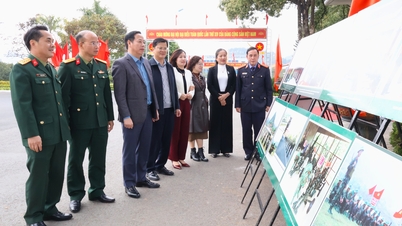

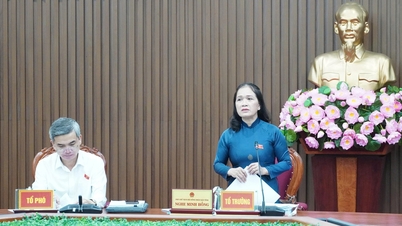

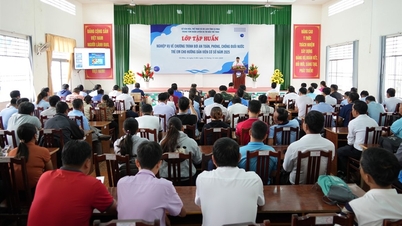













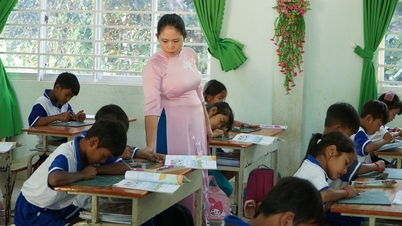

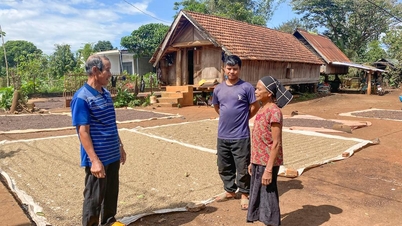



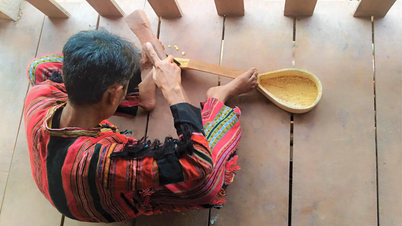





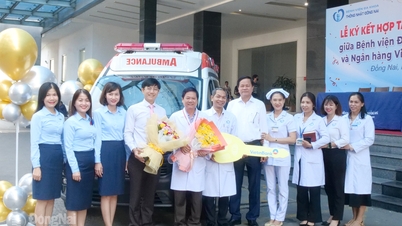




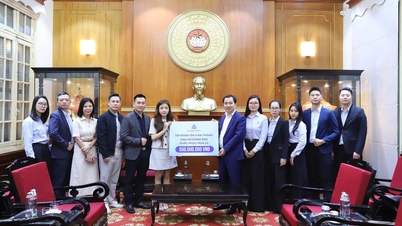













![[Photo] General Secretary To Lam works with the Standing Committees of the 14th Party Congress Subcommittees](https://vphoto.vietnam.vn/thumb/402x226/vietnam/resource/IMAGE/2025/12/09/1765265023554_image.jpeg)









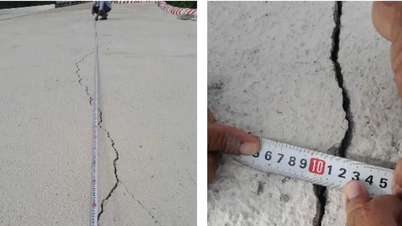

























Comment (0)